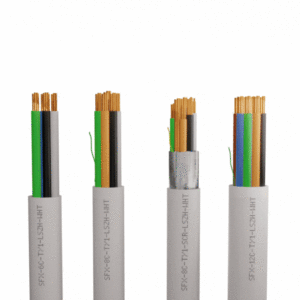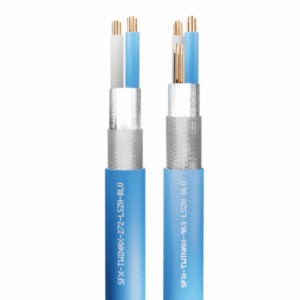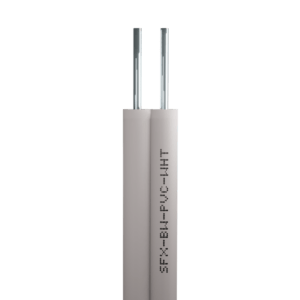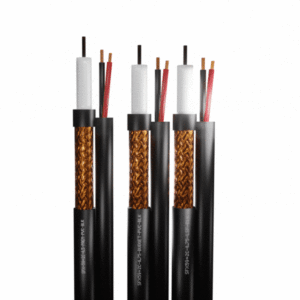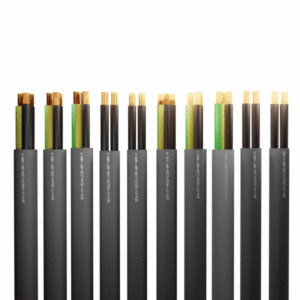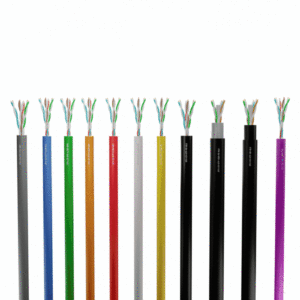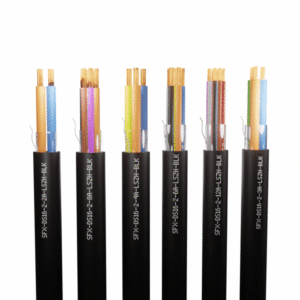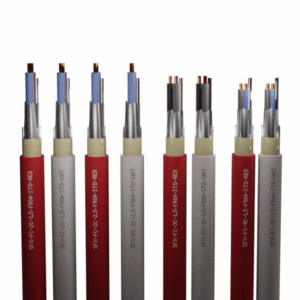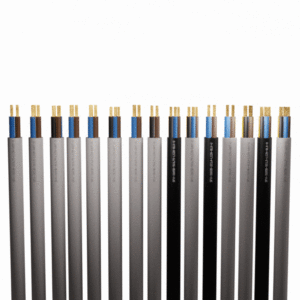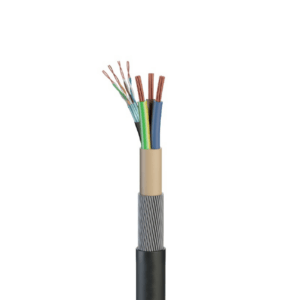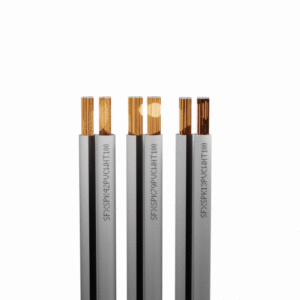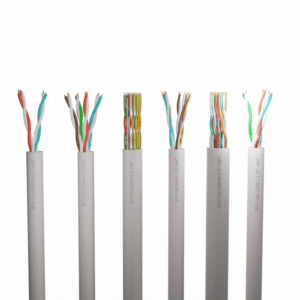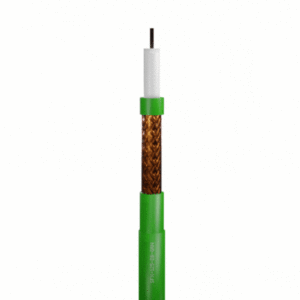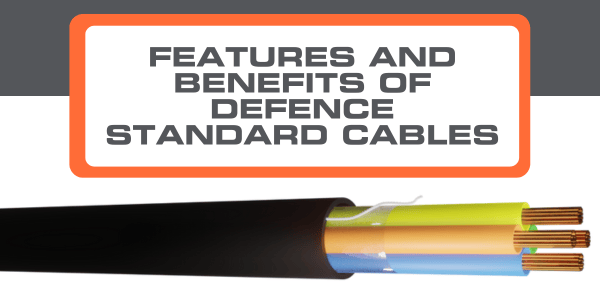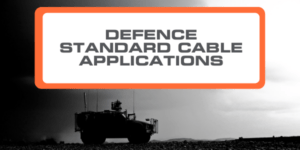Originally designed for use within the military sector, Defence Standard Cables (often referred to as Def Stan in the industry) can withstand harsh environments. They’re most often used in the military industry.
In this handy guide, we’ll go over what a Defence Standard Cable contains, as well as the benefits of using them.
Features of Defence Standard Cables
There are 3 different types of Defence Standard Cables:
- Type A: Unscreened
- Type S: Foil Screened
- Type C: Braided Screened
(To view our guide about all things screening, click here!)
Def Stan Cables are generally used for connecting electronic equipment, particularly for equipment that requires high-density wiring. They feature multiple cores, making them a great option for military equipment, aircrafts, and data processors.
They also tend to feature Low Smoke Zero Halogen (LSZH) outer sheathing, so in the event of a fire, the burning cable will not emit any smoke and little harmful gases. This vital for protecting those that may be trying to escape the fire, particularly if the cables are installed in an enclosed area.
It’s important to note that due to their high voltage, Defence Standard Cables should not be used as mains connection cables.
Benefits of Using Defence Standard Cables
Defence Standard Cables feature a high voltage range, meaning that they allow for a higher efficiency of power transfer over further distances. The foil and braided screening featured on Type S and Type C Def Stan Cables, respectively, offer a high level of protection against electromagnetic interference.
As well as this, Defence Standard Cables are super robust, both internally and externally. They are constructed specifically to withstand harsh environments. This includes low temperatures and high altitudes, as well as the general variable environments that one may come into contact with during combat.
Being produced to withstand harsh environments means that Def Stan Cables are also resistant to offshore conditions. They will not corrode in seaside environments, so are perfect for electronics that are featured within marine vessels.
Overall, if you’re looking for a super robust Cable that’s not for mains electronic applications, Defence Standard Cables may be the right choice for you. You can click here to read more about the applications for which Def Stan Cables are suitable.
If you have any questions that weren’t answered in this article, please click here to speak to someone from our team of experts. We’re always happy to help!

